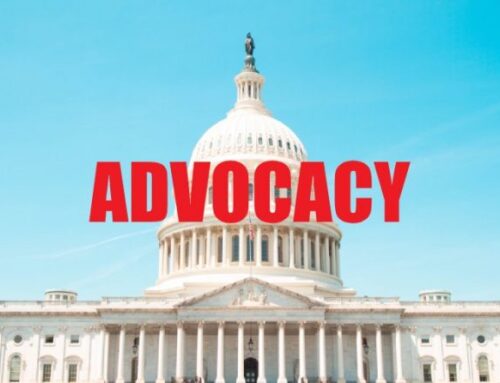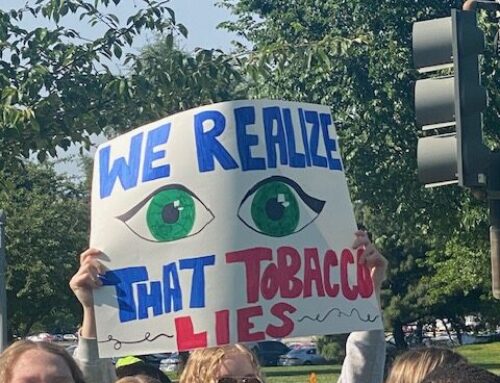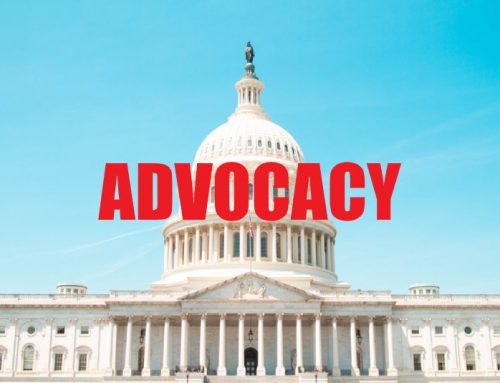We are writing to express our opposition to S. 438, the Traditional Cigar Manufacturing and Small Business Jobs Preservation Act of 2021, which would exempt some cigars, including some inexpensive, machine-made cigars, from oversight under the Family Smoking Prevention and Tobacco Control Act (TCA). To fulfill its responsibility to protect public health, the Food and Drug Administration (FDA) should retain its authority over all tobacco products, including all cigars.
In 2009, Congress gave FDA authority over the manufacture, sale and marketing of all tobacco products because all tobacco products can cause serious adverse health effects. Using this authority, FDA published a final rule in 2016 that enabled the agency to begin to oversee cigars and all other tobacco products that it had not been regulating.
S. 438 would prohibit FDA from promulgating any public health protections related to what the cigar industry calls “traditional large and premium cigars,” despite the known health risks of cigar smoking. The bill defines this new category of cigar very broadly and opens the door for product manipulation to qualify for the exemption, which the industry has done before. It would specifically exempt from FDA oversight some machine-made cigars, including those that can cost as little as $1.00 to $2.00 each, and would not prohibit kid-friendly, flavored cigars from qualifying for an exemption. No cigars should be exempt from oversight, but especially not inexpensive and flavored cigars which appeal to youth and young adults.
The implications of the exemption would be far reaching. It would prevent FDA from including all cigars in a forthcoming proposed rule to prohibit flavored cigars and would exempt “traditional large and premium cigars” from a premarket review requirement that protects the public from new tobacco products that are not “appropriate for the protection of the public health.” Under this bill, even the most basic FDA requirements like ingredient disclosure and its youth access and marketing restrictions would not apply to “traditional large and premium cigars.”
If enacted, this legislation could undercut FDA’s ability to protect youth and young adults from the health consequences of cigar smoking. Cigar smoking is not limited to adults. Nearly one million youth reported current cigar use last year. The 2020 National Youth Tobacco Survey shows that cigars are the most popular tobacco product among Black high school students and the second most popular tobacco product after e-cigarettes among all high school students. FDA has found that, while youth and young adults tend to smoke mass market cigars, they also use premium cigars. Many youth are likely to be attracted to inexpensive, flavored cigars that could qualify as “traditional large and premium cigars” under this legislation.
Cigar smoke is composed of the same toxic and carcinogenic constituents found in cigarette smoke. According to the National Cancer Institute, cigar smoking causes cancer of the oral cavity, larynx, esophagus and lung, and cigar smokers are also at increased risk for an aortic aneurysm. Daily cigar smokers, particularly those who inhale, have an increased risk of heart disease and chronic obstructive pulmonary disease (COPD). Each year, about 9,000 Americans die prematurely from regular cigar use.
FDA should be permitted to continue to oversee all cigars. The science continues to support FDA’s conclusion in 2016 that there is no public health justification for exempting any cigars from FDA oversight because all cigars pose significant health risks. We are also concerned that the number of cigars exempted from FDA oversight would increase over time because S. 438 would create an incentive for cigar manufacturers to modify their products or change their manufacturing processes to qualify for the exemption.
Our organizations strongly urge you to protect public health and kids and reduce the health and economic burden of tobacco-caused disease by opposing S. 438.
Download the full pdfs:






